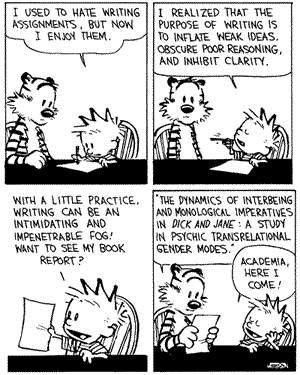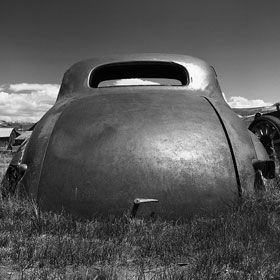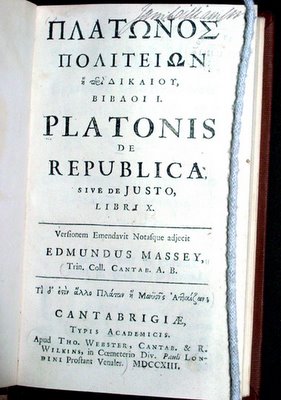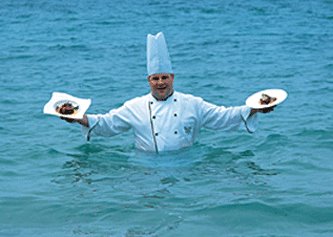 I. Description: Your paper should beA. 2-3 pages, typed
I. Description: Your paper should beA. 2-3 pages, typed1. this means its going to be a modest essay, not a dissertation
2. this means it will be hard copy, not an attachment
B. on a question chosen from the handout, or one of your own, cleared with me1. this means I want you to interact more fully with material we’ve been covering in class
2. this means your paper topic will be modest, narrowed down enough to fit the page constraints.
C. making a reasoned defense (argument) for some claim1. this means your paper will present a thesis, defend it, and address possible criticism(s) of that thesis.
2. this means it will not be a pure research paper.
a. It won’t be the kind you might write for a history or science course, documenting the latest research, or the spectrum of scholarly opinion. You won’t be cutting and pasting lots of lengthy quotations.
b. however, you may need to do some research, and you may need to do some footnotes/endnotes.
3. on the other hand, this means it will not be a work of literature or rhetoric. That is, it won’t be about your feelings or impressions on a topic, nor will it use techniques of persuasion to get your reader to agree with you.b. however, your creativity and originality in the reasoned support of your own thesis, and the reasoned evaluation of other positions is welcomed. Furthermore, correct grammar and spelling will be expected.
II. Evaluation: Your paper will be graded on its A. Clarity1. Do you understand what you’re talking about?
2. Have you defined relevant concepts?
3. Have you given sound or cogent arguments in support of your thesis?
4. You must say explicitly what you mean; don’t assume your reader will know.
5. Don’t think that you have to report everything that’s ever been said about the topic. Narrow it down!
B. Conciseness1. You don’t need to waste time writing a flowery introduction. Avoid “cuteness.”
2. Your paper’s first sentence should be its thesis.3. Edit, edit, edit. Anything that doesn’t directly further your thesis or the arguments relating to it has no business remaining in your paper.
C. Completeness1. Have you addressed the strongest criticisms of your thesis? Have you anticipated criticisms of your thesis? (Don’t argue against straw men.)
2. Have you used examples and definitions to further your argument? Don’t be afraid to do so. If they’re relevant, they’re well worth the space they take up in your paper.
III. ResourcesThere are hundreds of books, pamphlets and websites that are available to help you write better philosophy papers. Here are a few of the ones I like:
A.
Writing Philosophy Papers, by Colin Allen of Indiana University-Bloomington. Basic, no-nonsense site.
http://mypage.iu.edu/~colallen/writing.htmlB.
Writing a Philosophy Paper, by Peter Horban at Simon Fraser University (Canada). This is my favorite site. Clear, concise and complete.
http://www.sfu.ca/philosophy/writing.htmC.
Writing Philosophy Papers, by James Pryor of Princeton University. Extremely thorough, takes you by the hand step-by-step through the process.
http://www.princeton.edu/~jimpryor/general/writing.htmlD. Writing Philosophy Papers: A Student Guide, at the OSU Philosophy Department website. ( A 108 page manual, maybe more than you ever wanted to know)
http://oregonstate.edu/Dept/philosophy/resources/resources/guidestuff/index.html





